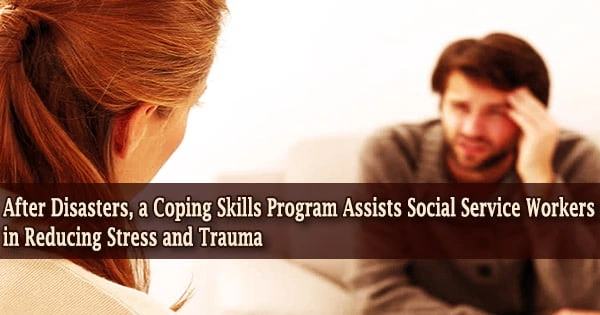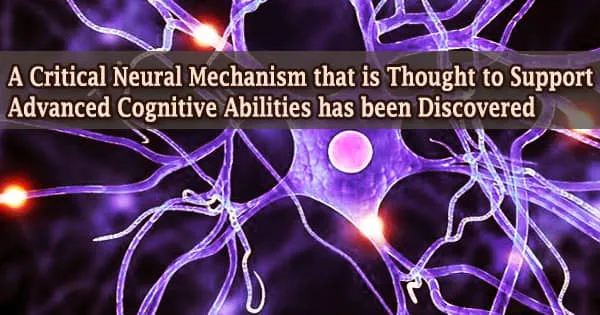According to a new study, an intervention called Caregivers Journey of Hope can help social service workers, particularly those with little experience in the area, manage the stress and trauma they may feel while assisting community members in the aftermath of disasters.
According to the study’s co-authors, University of Illinois social work professors Tara Powell and Kate M. Wegmann, “there is a huge need for mental health interventions for social service providers who are at high risk of burnout, chronic stress, and emotional distress in disaster recovery.”
“Since many people in helping professions may be trying to rebuild their own lives while helping traumatized people in the community, providing these workers with the training and tools to practice physical, emotional, and social self-care is critical to helping them reduce their own stress and avert burnout,” said Powell, who led the study.
Powell and her co-authors investigated the influence of the Caregivers Journey of Hope program on 722 professionals who aided Superstorm Sandy victims in New York and New Jersey.
Sandy wreaked havoc on the United States’ Eastern Seaboard, Canada, and the Caribbean in October 2012, killing over 200 people and causing over $70 billion in damage. According to the report, New York and New Jersey were among the hardest-hit areas on the US mainland, with 87 people killed and more than 650,000 dwellings damaged or destroyed.
While working for Save the Children, Powell co-created the Caregivers Journey of Hope program. The curriculum was created to help social workers, teachers, and students in New Orleans build resilience and reduce mental distress as a result of Hurricane Katrina in 2005.
According to Powell and Wegmann, recovery from disasters might take years. Counselors and social workers’ mental health might be harmed by working closely with traumatized clients and vicariously experiencing their horror and grief.
According to the study, this discomfort can lead to a slew of emotional, behavioral, physical, and interpersonal issues, severely impacting carers’ job performance and personal lives.
Since many people in helping professions may be trying to rebuild their own lives while helping traumatized people in the community, providing these workers with the training and tools to practice physical, emotional, and social self-care is critical to helping them reduce their own stress and avert burnout.
Tara Powell
The researchers concluded that social support is especially crucial for counselors because the often-confidential nature of their employment precludes them from talking about upsetting or stressful experiences outside of work.
“The half-day Caregivers Journey of Hope workshop gives front-line care providers an opportunity to process disaster-related stress in a safe, confidential environment, build social support and develop strategies to cope with stressors in the workplace and at home,” Powell said. “A wealth of research over the past couple of decades has illustrated that higher levels of stress are associated with lower levels of social support.”
Workshop participants discuss their experiences in small groups, analyze the types, sources, and effects of stress, and come up with solutions, such as methods to strengthen their social support networks. They also talk about how to rebuild their communities and how to improve individual and community healing.
Following Hurricane Sandy, Powell and Wegmann tested the intervention with social workers and counselors from 37 different agencies in New York and New Jersey.
The researchers discovered that participants reported significant reductions in stress levels and significant improvements on all of the other variables evaluated.
Caregivers with one to four years of experience benefited the most, showing the biggest improvements in their capacity to recognize the signs and consequences of stress, as well as their perceived ability to cope with stressful situations.
“This finding is of particular importance, as those with less experience in the social service field are at a higher risk for experiencing various forms of caregiver distress,” Wegmann said.
“Research has shown that those who perceive that they can actively cope with stressors or who have higher coping self-efficacy tend to have better health and mental health outcomes.”
















